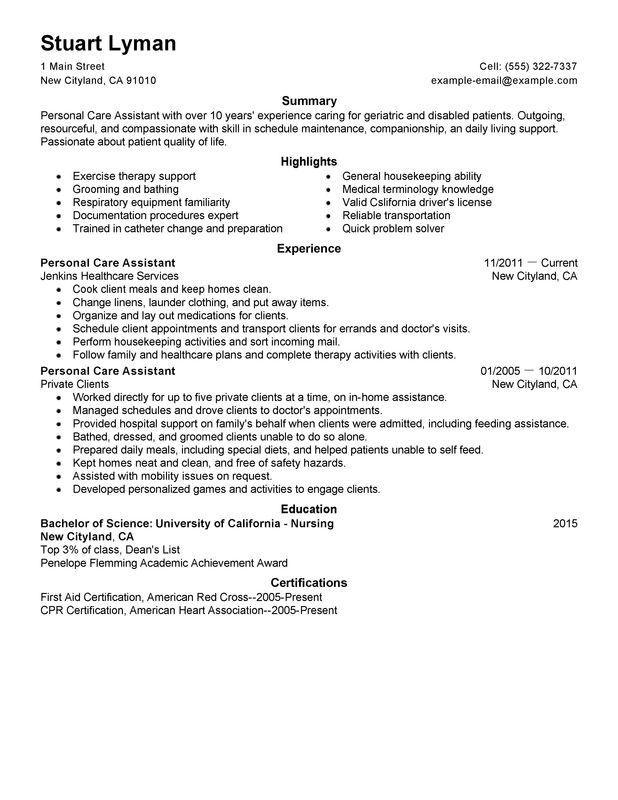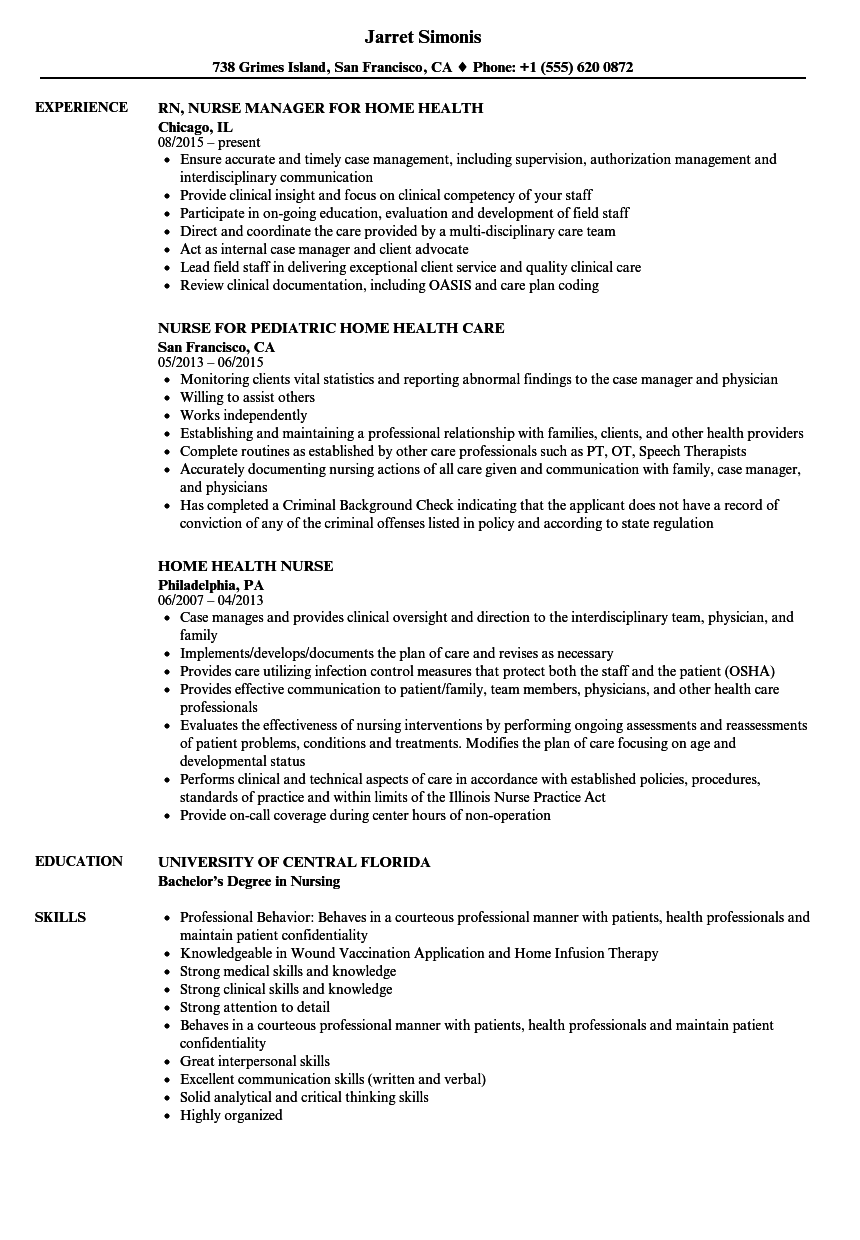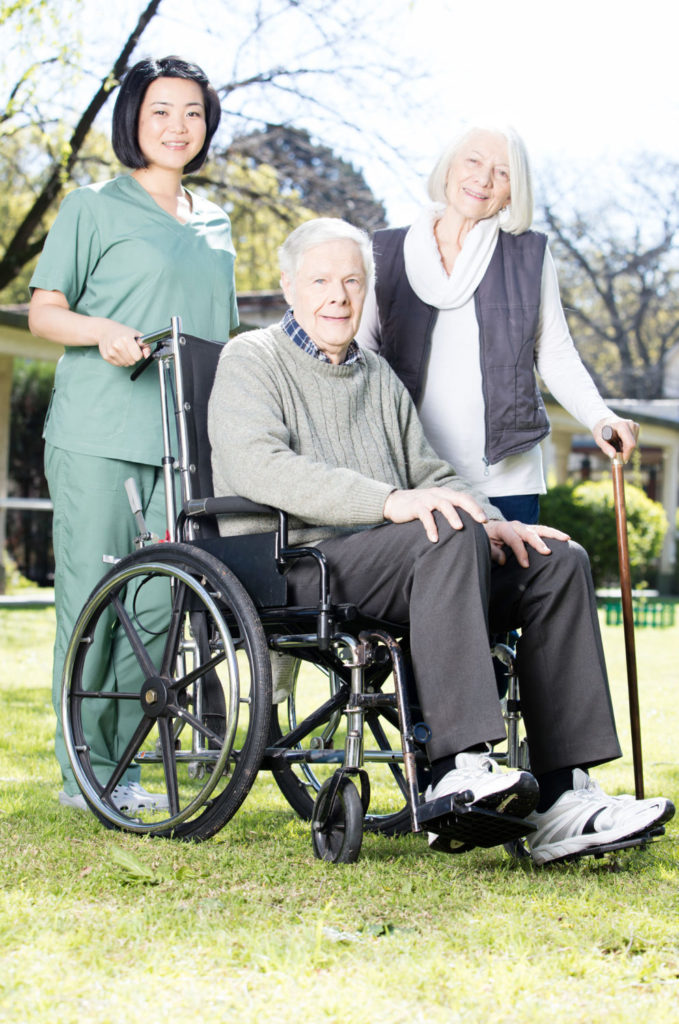Table of Content
In New Mexico, community doctors said they have been burdened by a severe shortage of pediatric inpatient beds for years. In the recent RSV surge, she said, some New Mexico children were sent as far as El Paso and Denver. Hospitals make less money from pediatric patients because children usually have less complex health problems than adults, experts say.
Get more sleep to help your immune system fight infection. You should also reach out to a doctor if you’re 65 or older, pregnant, or have underlying conditions, such as diabetes, heart disease, lung disease, or a weakened immune system. You can usually take 1 or 2 pain relief pills every 4–6 hours, but follow the directions on the bottle carefully so you don’t exceed the daily recommended limit. Avoid giving salt water to children 6 or under since they may swallow it instead of gargling it properly. Stay home for at least 1 day after your fever is gone. If you need to go out, wear a face mask so you don’t spread the flu.
Vitamin D
Calm a Nighttime Cough Get a good night’s rest with these remedies. Gargling with salt water helps get rid of the thick mucus that can collect at the back of the throat, especially after you've been lying down. Ingalls said that it continues to see pediatric patients in its emergency room and that if they need hospitalization, they are sent to Comer Children’s Hospital.

An expectorant can thin out mucus so it’s easier to blow your nose. If you’re able to keep soup down, try eating bread, crackers, oatmeal, and other foods that are bland and low in fiber. Try an electrolyte drink if you’ve been vomiting or have diarrhea since it will work better to keep you hydrated. Stay away from caffeinated drinks and alcohol while you’re recovering since both could make your symptoms worse.
Flu vs. the Common Cold
Cancel your usual routine and make sleep a priority to help get you back on your feet. For heavy congestion, steam showers or holding your head over a hot pot of water can open nasal passages. Saline sprays, saline irrigation, and other OTC nasal decongestants also can reduce symptoms. CDC recommends that you stay home for at least 24 hours after your fever is gone except to get medical care or other necessities. Your fever should be gone without the need to use a fever-reducing medicine, such as Tylenol®. Until then, you should stay home from work, school, travel, shopping, social events, and public gatherings.
Serious illness is more likely in elderly people and those with underlying medical conditions such as heart disease, diabetes, chronic respiratory disease, and cancer. This Cold & Flu Quiz tests your knowledge on the difference between coming down with the common cold and sickness from influenza virus. According to the NIH, an antiviral medication is most effective within the first 48 hours of developing symptoms. Therefore, it is best to talk to a doctor as soon as possible about these treatments. Most people want to feel better as quickly as possible and avoid any severe symptoms. This article provides some tips and tricks to handle the flu and speed up recovery.
Self-care for the flu
Nausea and vomiting are the most common symptoms caused by motion sickness, but they’re not the only ones. It also can cause cold sweats, headaches, and pain. Sometimes your skin may be pale, or you might get sleepy or have more saliva. Prevention and treatment of influenza, influenza-like illness, and common cold by herbal, complementary, and natural therapies.
Adding a few drops of essential oil, such as tea tree, juniper, rosemary, thyme, orange, lavender, or eucalyptus, may also have a soothing effect. Garlic supplement to your diet might reduce the severity of cold symptoms. According to some research, it might even help you avoid getting sick in the first place.
How long should I stay home if I’m sick?
Home remedies can help reduce symptoms so you can be more comfortable and rest more easily while you have the flu — and rest has a big impact on getting better faster. In most cases of the flu, you’ll likely not need to see a doctor. Stay home and don’t bring it to your workplace or school. The stomach flu can give you nausea, cramps, and diarrhea. Bland foods are easier to digest and may help ease your stomach symptoms. Colder, outdoor temperatures generally lower humidity in the air.
Antiviral drugs are only available by prescription, so you must see a doctor first. These medications are typically reserved for people who are at high risk of developing complications from the flu. The stomach flu is usually caused by any number of different viruses that can attack your gastrointestinal system. It’s not caused by the influenza virus, which gives you the seasonal flu.
While you’re home, just try to relax as much as possible and avoid any activities that take up a lot of your energy. Try to stay away from other people so you don’t get them sick while you’re contagious. The flu can leave you dehydrated, especially if have vomiting or diarrhea. You may want to stay away from caffeinated drinks, because caffeine is a diuretic. If you feel nauseated, try taking small sips of liquids -- gulps might cause you to throw up.

Children and people with weakened immune systems may be contagious for a slightly longer time. Many people use zinc and vitamin C supplements to treat the flu, but there isn’t a lot of evidence that they’re effective. Some flu medications also contain pain relievers, so be sure to avoid mixing them with acetaminophen or ibuprofen if you’re already taking them separately. Try sucking on cough drops to help treat a cough or sore throat from the flu.















